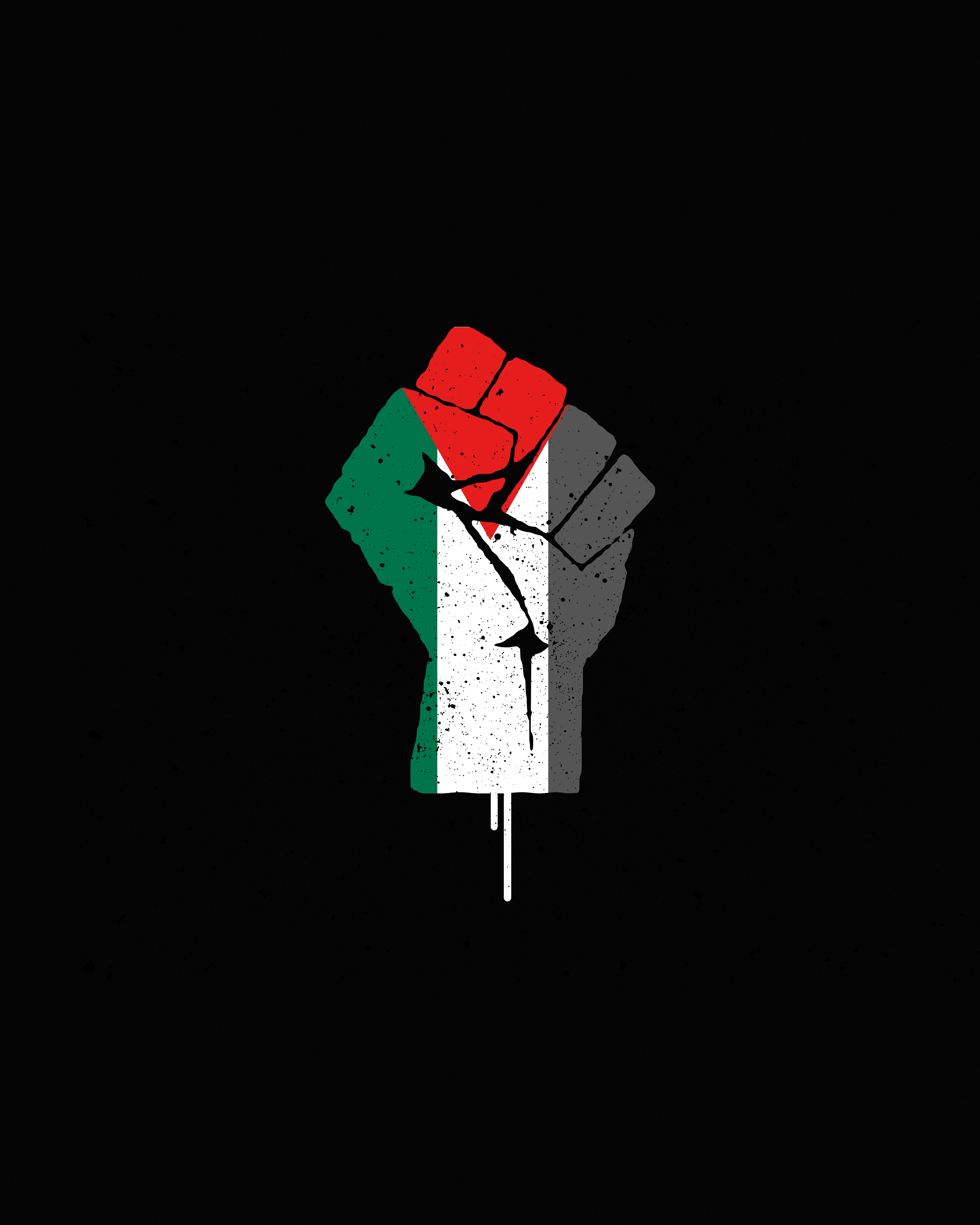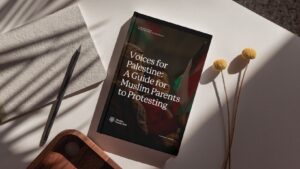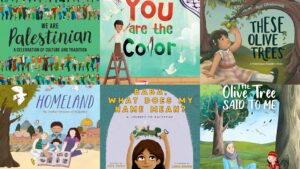This article explores the Islamic perspective on freedom and provides insights on how to communicate these profound principles to our children.
True Freedom in Islam: Guiding Our Children Towards Liberation

The concept of freedom is often painted with a broad brush, typically conjured as the absence of restraints or the ability to act according to one’s will. Children and indeed us parents, may equate freedom with absolute free expression, the ability to do what we want when we want to, not bound by expectations, duties nor responsibilities. Children may find it inconceivable that a poisoner or an oppressed individual can be described as free in many ways. But Imam Hussain (AS) often termed the ‘Father of the free’ taught us that freedom is neither confined to the tangible, nor to this fleeting earthly world. He is reported to have told his enemy: “If you do not believe (in a reckoning) , at least be free in this life”. So what is this freedom he refers to?
In the Islamic worldview, true freedom is intricately linked to the liberation of the soul from the shackles of the materialistic and egocentric aspects of life. It is about nurturing a God-centric existence that is free from being a slave to ego, power, money, or popularity.
In Islam, true freedom is found in submission to Allah, which may appear paradoxical to some.
Submission in this context means a conscious and deliberate choice to follow a path of righteousness, leading to ultimate liberation from the fleeting and often destructive desires of this world.
The Quran states, “And whomsoever Allah guides, there is none that can mislead him” (Quran 39:37). This guidance is a form of freedom, as it protects individuals from becoming ensnared by misguided pursuits.
Desmond Tutu, a beacon of resilience and freedom, once said, “If you are neutral in situations of injustice, you have chosen the side of the oppressor.” This aligns with the Islamic principle of standing against injustice as a form of freedom – freedom from complicity and moral decay.
Nelson Mandela, whose life was a testament to the struggle for freedom, proclaimed, “For to be free is not merely to cast off one’s chains, but to live in a way that respects and enhances the freedom of others.” Here, Mandela echoes the Islamic teaching that your freedom is bound to the freedom of your brother or sister, as the Prophet Muhammad (PBUH) said, “None of you will believe until you love for your brother what you love for yourself” (Bukhari and Muslim).
Talking to Children About Being Free:
When speaking with children about freedom, it’s crucial to highlight the contrasts between societal definitions of freedom and the deeper, more enduring freedom taught in Islam. Children should understand that the pursuit of material gains, popularity, or external beauty alone can lead to a form of internal captivity.
In a world where celebrity culture and materialism are rampant, children are often bombarded with messages that equate freedom with the ability to consume or to be celebrated by others. The Quran offers a counter-narrative: “And those who avoid the major sins and immoralities, and when they are angry, they forgive” (Quran 42:37). This teaches children that restraint and forgiveness are liberating acts, freeing one from the burdens of grudges and the tyranny of unchecked impulses.
Parents have a role in addressing the concept of false idols in contemporary contexts. When children idolise celebrities or become obsessed with their looks, they may not realise that they are voluntarily shackling themselves to societal expectations, which can be both limiting and oppressive. As the Quran advises, “So direct your face toward the religion, inclining to truth. [Adhere to] the fitrah of Allah upon which He has created [all] people. No change should there be in the creation of Allah. That is the correct religion, but most of the people do not know” (Quran 30:30).
Freedom in Islam is deeply connected to authenticity – living a life that is true to one’s values and beliefs.
When children understand that their worth is not tied to their possessions or their popularity but to their character and their actions, they begin to experience the kind of freedom Islam espouses.
Guidance for Parents:
Model Authenticity: Children learn by example. Show them what it means to live a life that is true to Islamic values by being authentic in your actions.
Foster Critical Thinking: Encourage your children to question the status quo and to look beyond the surface of societal norms.
Emphasise Inner Worth: Teach your children that their value comes from their innate goodness, their actions, and their relationship with Allah, not from their material possessions or status.
Promote a Life of Service: Freedom is intertwined with the service of others. Involve your children in community service to understand the value of contributing to the well-being of others.
Encourage Forgiveness and Letting Go: Holding onto anger or grudges can be a form of self-imposed bondage. Teach your children the liberating power of forgiveness.
Educating our children on the Islamic perspective of freedom is a vital aspect of nurturing well-rounded, principled individuals. It’s about steering them towards a life that is free from the shackles of superficial societal metrics and towards one that cherishes spiritual growth and connectedness with their innate self – the fitrah.


